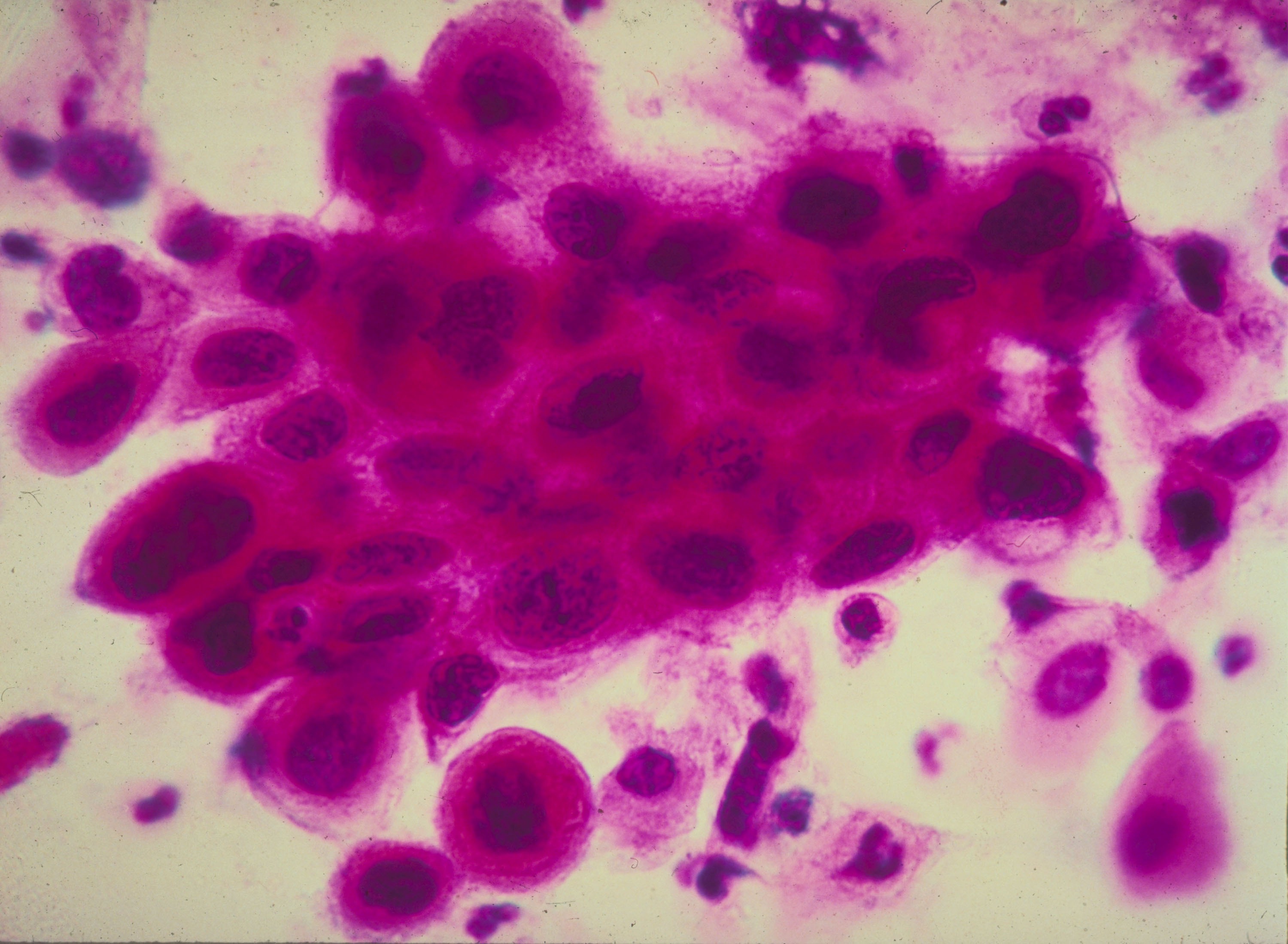It's Cervical Cancer Prevention Week, and it's time to smear the myths and stigma about HPV
There are worrying levels of stigma and misunderstanding around the virus

There are worrying levels of stigma and misunderstanding around the virus
When you attend a cervical screening (formerly known as a smear test), you're checked for changes in the cells of your cervix that may, if untreated, develop into cervical cancer. And these changes usually develop if you get a human papilloma virus (HPV) infection.
So far, so routine - so why is it that being diagnosed with HPV is so shameful? New research by Jo's Cervical Cancer Trust - the UK’s leading cervical cancer charity - has uncovered worrying levels of stigma and misunderstanding around the virus, and it wants to reduce this.
In a survey of 2,034 women aged 18 and over, less than a quarter (22%) of women say they would date someone with HPV. And if told they had the virus, one in five would feel embarrassed, and one in ten dirty.
A new method of testing in cervical screening means many more women will be told they have HPV, but the worry is that gaps in understanding could mean that what might be considered a simple HPV diagnosis could actually have a damaging effect on the lives of women. To smear the myths and stigma about HPV and get the facts out, the charity is running its #SmearForSmear campaign during Cervical Cancer Prevention Week (20-26 January).
This year the charity is asking people to share a lipstick smear, smear their own myth or share one of the campaign materials (for more information visit www.jostrust.org.uk/smearforsmear).
Robert Music, Chief Executive, Jo’s Cervical Cancer Trust said: 'No one should feel ashamed about having HPV. We must normalise the virus to reduce the emotional impact of diagnosis and ensure people know where to get trustworthy information and support. This means stripping away the stigma and getting the facts out. Smear tests are the best protection against cervical cancer and we want women to understand what their results mean, instead of having to navigate myths.'
Celebrity news, beauty, fashion advice, and fascinating features, delivered straight to your inbox!
In most cases HPV goes away by itself, without doing the body any harm, and eight out of ten people having HPV at some point in their lives. Large numbers of women said a diagnosis would negatively impact their dating life (40%) or sex life (43%) and half would consider ending a relationship with someone who has HPV. Many would not want to have sex with (41%) or kiss (23%) someone with the virus highlighting confusion over how common the virus is and how it affects the body.
The psychological impact of a HPV diagnosis was pronounced, with over a third (37%) saying that being told they had the virus would affect their confidence and 35% that it would affect their mental health.
While the virus can live in the body for many years, often remaining undetected, people often assume infidelity. Over half (57%) say they might question if their partner had been unfaithful if they were told they had the virus and just 11% think people in long term relationships can get HPV.
Dr Philippa Kaye, GP, explained, 'HPV is complicated, but it’s so important that women understand what it means to have the virus, especially how common it actually is. We need to smear myths such as HPV being dirty or a reflection on someone’s sexual behaviour. Testing for HPV in cervical screening is a fantastic change which will save lives by preventing even more cervical cancers. So if you are overdue your cervical screening give your GP a call to get it booked in.'
Know the facts about HPV:
- At some point in our lives, 8 out of 10 of us will get at least one type of HPV. In most cases the immune system will get rid of it. Around 90% of HPV infections clear within 2 years.
- HPV infections do not usually have any symptoms, so you may not even know you had it.
- HPV lives on our skin, so it is easy to get and difficult to completely protect against.
- There are over 200 types of HPV. About 40 HPV types affect the genital areas
- Most genital HPV types are low risk. They can cause conditions like genital warts
- About 13 HPV types are linked to HPV-related cancers, including cervical cancer. These types are called high-risk HPV.
- You are at risk of getting HPV from your first sexual contact, whatever that is – it doesn’t have to be penetrative sex
- We can have HPV for a long time without knowing about it, so it is hard to know when we got HPV or who we got it from
- Cervical screening can find a high-risk HPV virus and changes early, before it develops into cancer.
Jo’s Cervical Cancer Trust provides information and support to anyone affected and campaigns for excellence in cervical cancer treatment, care and prevention. Its national Helpline is free, confidential and on 0808 802 8000. Or for more information see jostrust.org.uk/information/hpv
Olivia – who rebranded as Liv a few years ago – is a freelance digital writer at Marie Claire UK. She recently swapped guaranteed sunshine and a tax-free salary in Dubai for London’s constant cloud and overpriced public transport. During her time in the Middle East, Olivia worked for international titles including Cosmopolitan, HELLO! and Grazia. She transitioned from celebrity weekly magazine new! in London, where she worked as the publication’s Fitness & Food editor. Unsurprisingly, she likes fitness and food, and also enjoys hoarding beauty products and recycling.